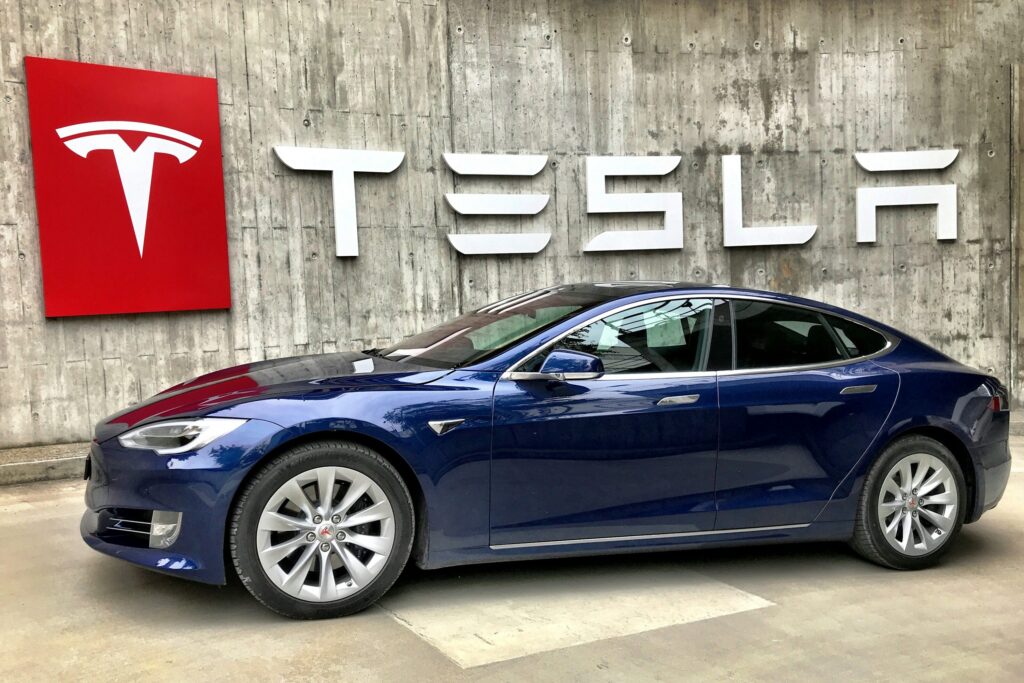Global warming and climate change are among the most pressing issues facing the world today. One of the biggest contributors to greenhouse gas emissions is the transportation sector, which relies heavily on fossil fuels. Traditional gasoline and diesel vehicles release significant amounts of carbon dioxide (CO₂) and other pollutants into the atmosphere, accelerating climate change. Electric vehicles (EVs) offer a cleaner and more sustainable alternative, helping to reduce carbon emissions and combat global warming.

Electric Vehicles: A Sustainable Solution to Combat Climate Change
1. Zero Tailpipe Emissions
Unlike internal combustion engine (ICE) vehicles, electric cars do not burn fossil fuels directly. EVs run on electricity, which means they produce zero tailpipe emissions. This eliminates the release of harmful pollutants such as carbon dioxide (CO₂), nitrogen oxides (NOx), and particulate matter, which contribute to air pollution and climate change. By transitioning to electric cars, we can significantly reduce the number of pollutants entering the atmosphere.
2. Lower Carbon Footprint with Renewable Energy.

Although electric cars require electricity to charge, their environmental impact depends on how that electricity is generated. When powered by renewable energy sources such as solar, wind, or hydroelectric power, EVs become even more sustainable. Unlike gasoline-powered cars, which continuously emit carbon throughout their lifespan, EVs can be virtually carbon-neutral if charged with green energy. Governments and businesses are investing in cleaner electricity grids, further reducing EVs’ carbon footprint.
3. Energy Efficiency and Reduced Fossil Fuel Dependence.
Electric vehicles are significantly more energy-efficient than gasoline and diesel cars. EVs convert over 77% of electrical energy from the grid to power the wheels, whereas traditional gasoline vehicles only convert about 12-30% of the energy stored in fuel. This means that less energy is wasted, reducing the overall demand for fossil fuels. As more people adopt EVs, the world’s dependence on oil and gas decreases, leading to lower carbon emissions from fuel extraction, refining, and transportation.
4. Improving Air Quality and Public Health

By reducing carbon emissions and air pollutants, electric vehicles also contribute to improved air quality. Poor air quality, caused by vehicle exhaust, leads to respiratory diseases, heart problems, and other health issues. Cities with higher EV adoption have experienced a noticeable decrease in air pollution, making urban areas healthier and more livable.
5.Conclusion
Electric cars play a crucial role in the fight against global warming and carbon emissions. With zero tailpipe emissions, higher energy efficiency, and the potential to be powered by renewable energy, EVs represent a cleaner and more sustainable future. As more advancements in battery technology and charging infrastructure emerge, electric cars will continue to lead the way toward a greener planet.

Helpful material Cheers.
webpage
Thanks a lot, Good stuff!
casino en ligne
Thanks a lot! Valuable information!
casino en ligne
Whoa many of fantastic advice!
casino en ligne
Very good info Cheers!
casino en ligne
Many thanks. Very good stuff!
casino en ligne
Regards. Good information.
casino en ligne
You have made your point pretty effectively!.
casino en ligne
Position nicely utilized!.
casino en ligne
Regards. Helpful information!
casino en ligne